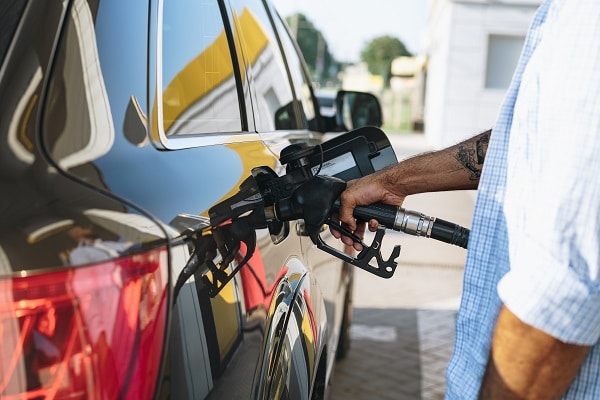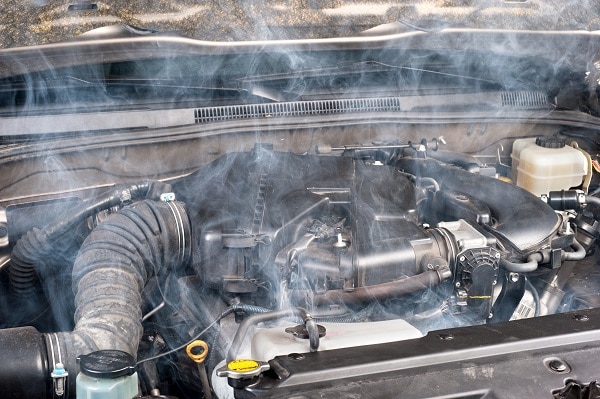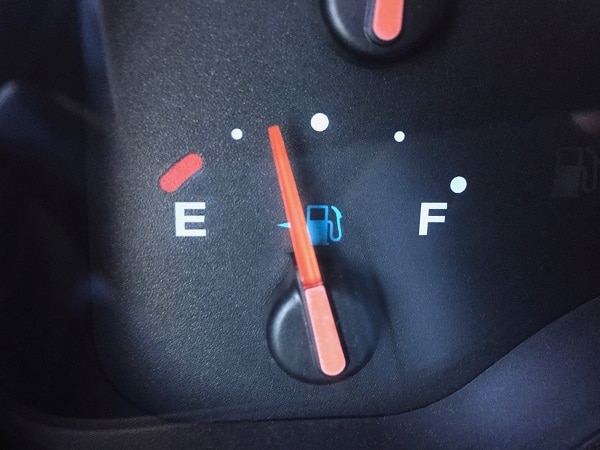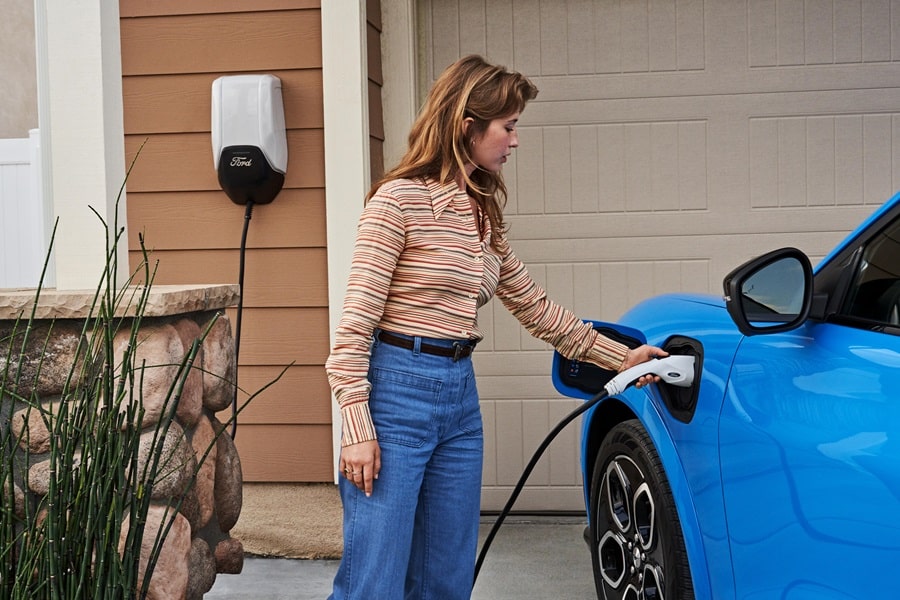This is the question that many people ask themselves when deciding what type of engine to run in their car. There is a lot of debate on which one is better, and you need to know your options. Gas cars have been popular for years, but now diesel engines are more popular. In this article, we will go over some pros and cons of both types so you can decide which vehicle would be best for your needs!
Contents
- 1 Which Engine Is Best?
- 2 Pros Of Gas Engines
- 3 Cons Of Gas Engines
- 4 Pros Of Diesel Engines
- 5 Cons Of Diesel Engines
- 6 Which Fuel Is More Efficient?
- 7 Which Engine Is Quieter?
- 8 Which Engine Is Better For Commercial Use?
- 9 Which Engine Is Better For Towing?
- 10 Which Engine Is More Affordable?
- 11 The Bottom Line
Which Engine Is Best?

Gas cars can give you the same mileage as diesel vehicles with a fraction of the price tag! Gas engines are typically more affordable, have better fuel economy, and require less maintenance. Diesel engines tend to last longer than gas engines but also cost more initially and take some time for you or your mechanic to learn how to service appropriately. Take a look at the pros and cons of each engine below.
Pros Of Gas Engines

– Gas engines are typically cheaper to maintain and repair.
– Gas engines are often more fuel-efficient than diesel engines.
– Gas engines are quieter than diesel engines.
– Gas engines tend to run a bit smoother than diesel engines.
Cons Of Gas Engines

– Diesel has a higher ignition point making it safer
– Diesel lasts longer than gas car under commercial use
– Gasoline is not as durable as diesel fuel and can cause damage to an engine over time if it’s not properly cared for.
– Gasoline is less dense than diesel fuel, which means that you will get fewer miles per gallon out of a gas car than you would from a diesel car.
Pros Of Diesel Engines

– Diesel fuel is more durable than gasoline and does not degrade as quickly in storage or the engine.
– Diesel engines typically last longer than gas engines, especially in heavy commercial use.
– Gasoline is more flammable and can cause severe damage if not handled properly. Diesel fuel has a higher ignition point, making it safer to handle when fueling your vehicle or changing the oil on your engine block.
Cons Of Diesel Engines

– Diesel engines tend to be louder and vibrate more than a comparable gas engine would.
– Gasoline engines are typically easier for beginners or those who have little experience working on an engine, as they do not require expertise with diesel technology to work correctly.
– Diesel engines are heavier than gasoline engines, requiring more substantial suspension parts to prevent vibration while driving at high speeds
Which Fuel Is More Efficient?

Gas engines are typically less efficient than diesel engines when it comes to fuel economy – you’ll get fewer miles per gallon out of a gas car than you would from a diesel car. However, this may not be the case in all situations – it depends on the make and model of your vehicle, as well as how you drive. If you make long-distance road trips or drive on the highway frequently, you may find that a gas engine is more efficient for you. If you make a lot of stop-and-go traffic or short trips, you will likely see a decrease in fuel economy with a diesel car.
In general, diesel engines are more efficient than gasoline engines when it comes to fuel economy – but there are always exceptions! You should consult with your mechanic to get an accurate estimate of how much each type of engine will save you at the pump.
Which Engine Is Quieter?

If noise reduction is essential to you, a gasoline engine may be the best choice. Gasoline engines are typically quieter than diesel engines. Diesel engines run hotter and produce more vibration. If you don’t mind the noise of a diesel engine, you may find that it’s more durable and require less maintenance over time.
Which Engine Is Better For Commercial Use?

Diesel engines are better for commercial use because they handle wear-and-tear exceptionally well – whereas gas engines tend to have shorter lifespans under heavy use conditions. This depends on which type of business you operate and how much your vehicle is used throughout the day or week. If your car spends most of its life parked in an area with little traffic (like at night), you might not see this kind of difference between gasoline and diesel vehicles. You can speak with your mechanic about whether one fuel will better suit your needs than the other.
Which Engine Is Better For Towing?

This answer depends on the weight of what you are towing. If you are pulling a small trailer or boat, either engine type should work well for you. If you are pulling a large object or trailer frequently, opt for the more durable and efficient choice – pick a diesel engine! Gasoline engines tend to be lighter than diesel so they may work better for lightweight hauling.
Which Engine Is More Affordable?

Diesel engines are typically more affordable than gasoline engines. Gasoline is pricier than diesel, even though the latter contains less energy per gallon. Diesel cars require higher-quality parts and may be more difficult for beginners to work on – so they tend to cost a little bit more at the shop or dealership. Gasoline engines also use better technology to last longer without requiring as much maintenance over time (and therefore don’t need replacement as often).
The Bottom Line
There are pros and cons to diesel and gas cars – it ultimately depends on your needs and budget. Gas cars can give you the same mileage as diesel vehicles with a fraction of the price tag! If noise reduction is essential to you, a gasoline engine may be the best choice for your needs. However, if you don’t mind the noise of a diesel engine, you may find that it’s more durable and requires less maintenance over time. Diesel engines are better for commercial use because they handle wear-and-tear exceptionally well – whereas gas engines tend to have shorter lifespans under heavy use conditions. Whichever engine you choose, make sure you take care of it properly so that it lasts as long as possible!


